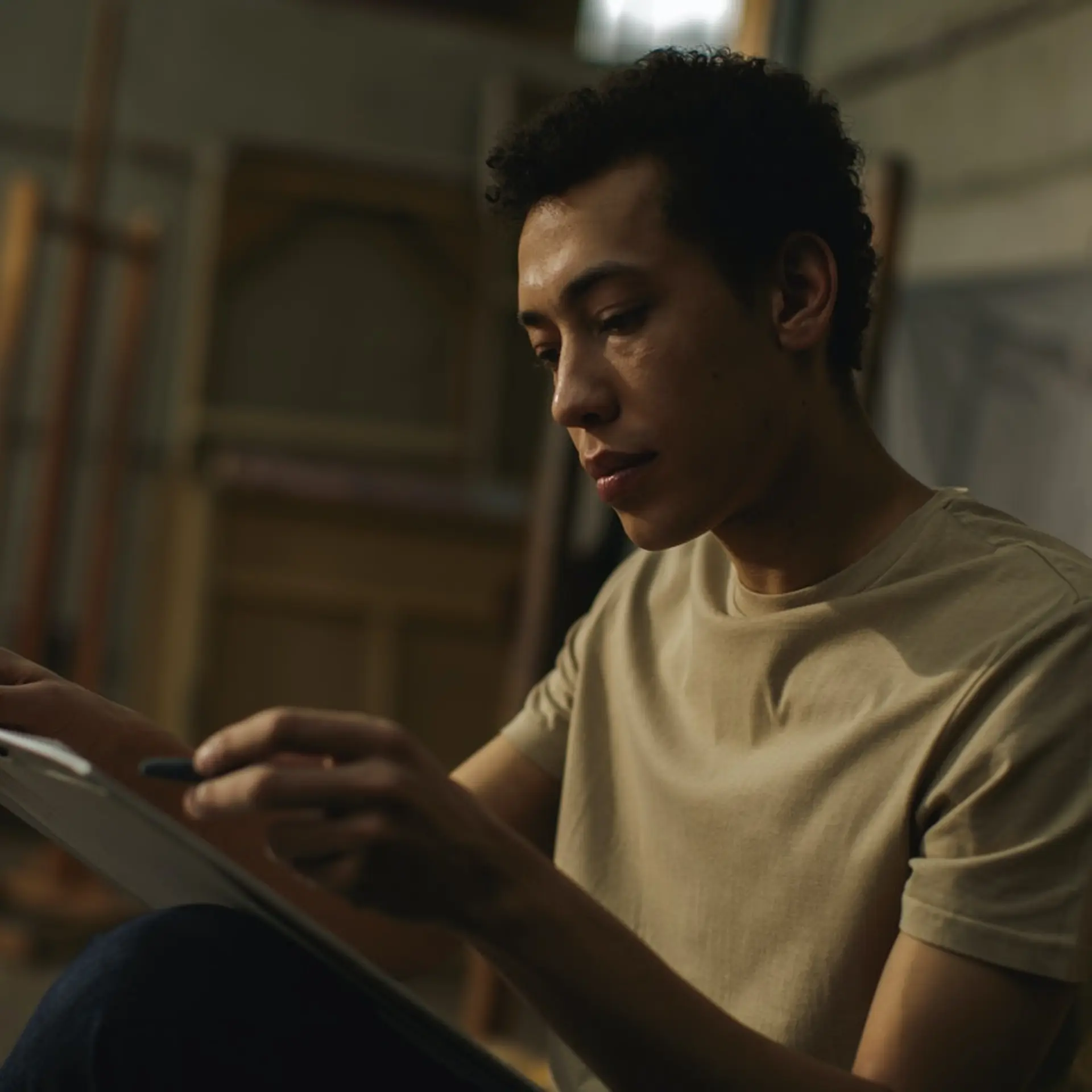

Anna Chandy was beginning to rise, strong and empowered
Read an excerpt from Anna Chandy's book, The Battles In The Mind, that will show you that adversities do not last, and you will always come out of it stronger.
Anna Chandy, chairperson of the Live Love Laugh Foundation, writes about a very personal incident in her life that made her stronger.
Soon, I had effectively lost the respect of everyone around me. Dilip, I felt, wrote me off. Because of everything I had gone through as a child, I had a fundamental need to be well thought of, well liked. More so, I needed to be needed and needed to be irreplaceable as a wife. Though Dilip turned to me for material comforts, he did not seek me out for my opinions, for conversation, and for intellectual or emotional support. I was the archetypal Indian housewife. When I felt written off, I was devastated. Because it meant inevitable abandonment. I sensed the slow death of my marriage, and felt helpless to stop it. I was consumed with such overwhelming feelings of inadequacy and inferiority that my entire persona changed. As I grew large in size, I simultaneously grew large and intimidating in anger. I screamed at the domestic help, I scolded and bullied my children. Anyone I saw as my subordinate quaked in fear when I stood in front of them. I had found an effective mask for my feeling of worthlessness. I was lost and alone. None from my extended family was speaking to me. My own mother had cut me off. My daughters were growing up with no support systems or loving cousins and aunts to mollycoddle them. I was surrounded by people who graced my home and praised me, my marriage, my children but not available to me for emotional support as I never shared my grief with them. I was lonely: Without a single friend I could share my deepest feelings with. I had no real intimacy with anyone. My inner and outer person were not at all in sync; the life of a party one minute, and crying into my pillow the next. Just three days after my father-in-law’s passing away, my vision went black. I was seized with the worst abdominal pain I had ever known, and as I clutched my belly in fear and confusion, I felt the earth sway as I fainted from sheer agony. I regained consciousness to the feeling of a soft hand stroking my forehead. ‘Amma?’ I thought to myself with delight.

But when I opened my eyes, the hand belonged to an acquaintance: The wife of a friend of Dilip’s, whom I had met just a few times until then. For ten days, Indira cared for me, never leaving my side in the hospital. For all of those ten days, not a single member of the family came to see me or even enquired about me. Such was Indira’s compassion and sensitivity that she never once asked, ‘Where is your family?’ She unquestioningly cared for me, allowing Dilip to stay with our daughters, then just six and nine, ministering to their needs.
Each day that I awoke to Indira’s kind face, I suffered from crippling anxiety. I felt exposed. Wasn’t it obvious to her that there were problems in my family? Couldn’t she guess by now that I was as good as orphaned, and ostracized by my own people? This time, my internal agony was a blessing in disguise.
For the first time, I started to question what family meant.
My most valuable lesson was that in times of crisis, help comes from people it is least expected from. Many of us hold on to familial bonds because we will have someone in our time of need in the future. But sometimes, the ones who step forward to help expect nothing in return and have no other connection with us.
This was the beginning of my journey to finally dropping the expectations I had carried for so many years. Through the deafening chatter in my mind and the debilitating pain in my body, I discovered a new resource: deep insight about familial bonds. I let go of my fundamental belief passed down to me from my mother: that family will always be around to lend support. I realized that there is a price for belonging; that belonging meant to continue to participate in mind games, to never challenge the existing family code, even though it causes you personal distress and you are actually living in pain.
Anna Alexander had finally turned from embers to ash, and Anna Chandy was beginning to rise, strong and empowered.





